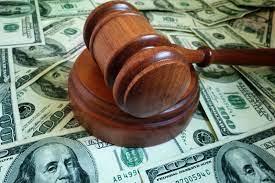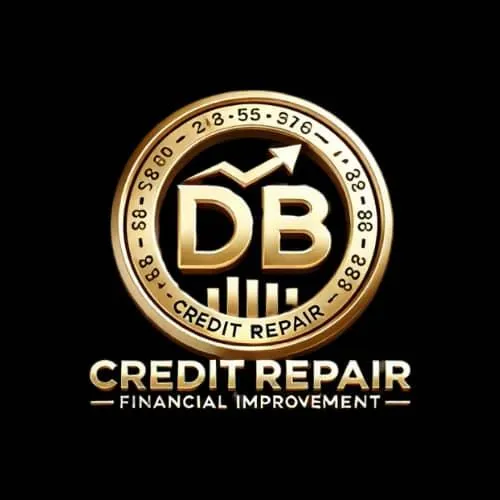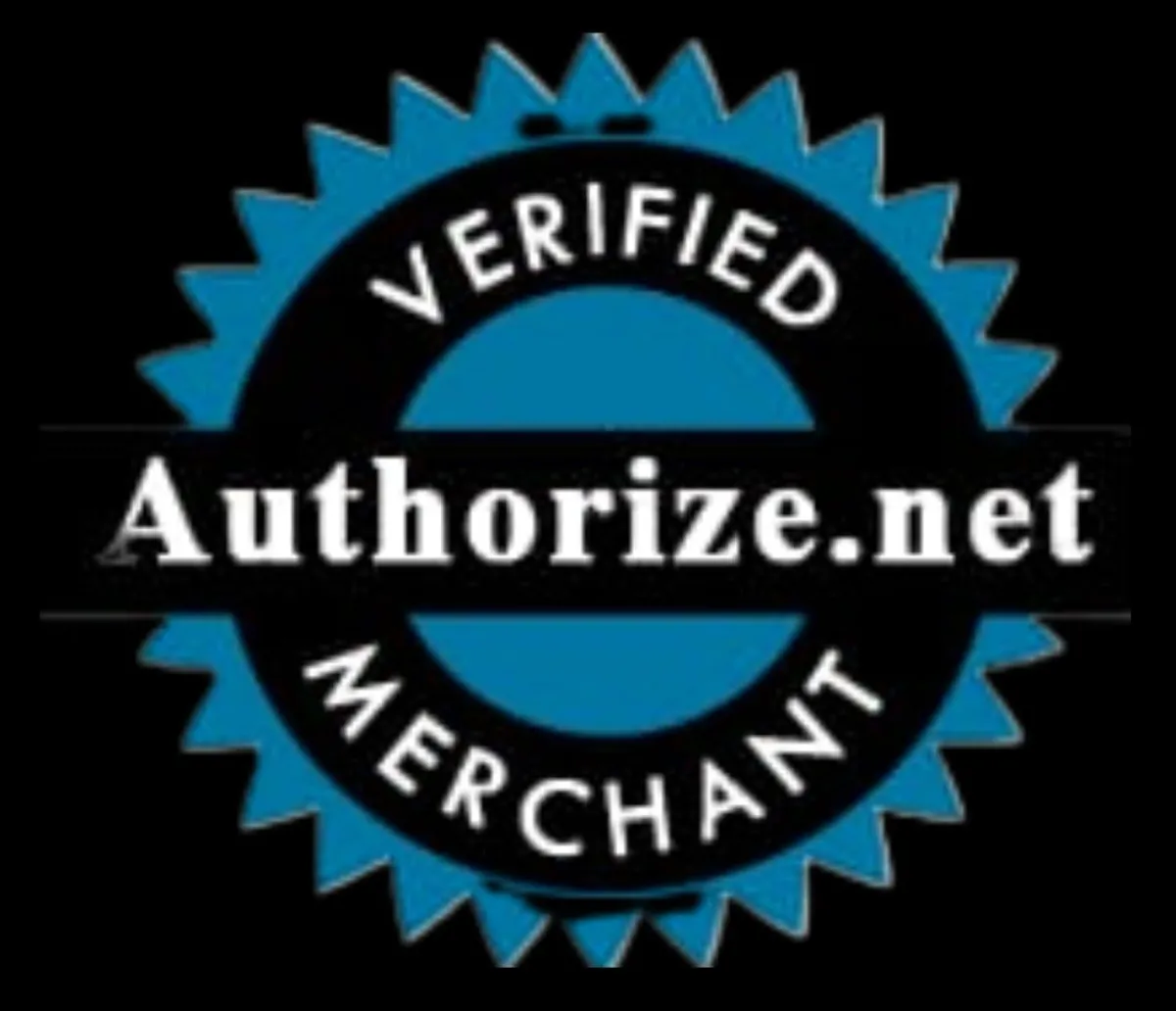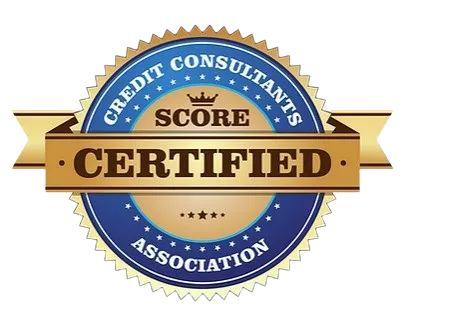Small Call to Action Headline
What Is Bankruptcy and How Does It Affect Your Credit?
Bankruptcy is a legal process designed to help individuals or businesses eliminate or repay their debts under the protection of the bankruptcy court. While it can provide relief from overwhelming financial burdens, bankruptcy has severe and long-lasting consequences for your credit profile.
Impacts of Bankruptcy:
• It can lower your credit score by 150-200 points or more.
• It stays on your credit report for up to 7-10 years, depending on the type.
• It signals to lenders that you are a high-risk borrower, making it challenging to secure credit, loans, or housing.
The Different Types of Bankruptcy: Chapter 7 vs. Chapter 13
1. Chapter 7 Bankruptcy (Liquidation):
• Most of your assets are sold to repay creditors.
• Stays on your credit report for 10 years.
• Ideal for individuals with low income and limited assets.
2. Chapter 13 Bankruptcy(Reorganization):
Allows you to keep assets while repaying debts through a court-approved plan over 3-5 years.
Stays on your credit report for 7 years.
Suitable for those with a steady income.
3. Chapter 11 Bankruptcy:
Chapter 11 (business reorganization) and Chapter 12 (farmers and fishermen) are less common for individuals.
The Long-Term Impact of Bankruptcy on Your Credit Score
Bankruptcy’s impact on your credit score depends on your starting score. The higher your score, the greater the drop. This drop makes it difficult to:
1. Obtain loans or credit cards.
2. Rent housing, as landlords often perform credit checks.
3. Secure employment in certain industries where credit checks are required.
4. Over time, rebuilding your credit becomes possible with disciplined financial behavior.
Steps to Recover Financially After Bankruptcy
1. Create a Budget:
Track your income and expenses to identify areas for cost-cutting.
2. Negotiate with Creditors:
Many creditors are willing to work out payment plans or settle for less than the full amount.
3. Debt Consolidation:
Combine multiple debts into one manageable payment plan with a lower interest rate.
4. Seek Financial Counseling:
A credit counselor can help you develop strategies to manage debt and avoid bankruptcy.

5. Emergency Fund:
Save for unexpected expenses to avoid falling deeper into debt.
Consequences of Bankruptcy
1. Credit Score Damage: Bankruptcy significantly lowers your credit score.
2. Difficulty Securing Credit: Many lenders are hesitant to work with individuals who have filed for bankruptcy.
3. Public Record: Bankruptcy filings are public and can be accessed by anyone.
4. Loss of Assets: In Chapter 7, non-exempt assets may be sold to pay creditors.
How DB Credit Repair Can Help You Rebuild Your Credit After Bankruptcy
1. Sign Up
Get started by choosing one of our credit repair plans. Once you enroll, we’ll begin the onboarding process and guide you through setting up your credit monitoring.
2. Dispute Inaccuracies
Bankruptcy entries often contain errors. We’ll dispute incorrect or unverifiable information with the credit bureaus to ensure your report is accurate.
3. Post-Bankruptcy Credit Repair
Rebuild Credit: We’ll guide you in establishing new lines of credit to rebuild your score responsibly.
4.Credit Education:
Our experts will teach you how to maintain a healthy credit profile and avoid future financial pitfalls.
5. Bankruptcy Alternatives
If you’re considering bankruptcy, we’ll explore other options like debt negotiation or settlement to help you avoid it altogether.
6. Credit Monitoring Services
We provide ongoing monitoring to track your progress and alert you to potential issues before they escalate.
Bankruptcy doesn’t have to define your financial future. Let DB Credit Repair help you rebuild your credit and regain control. Schedule a free Credit Consultation today to get started.
What Are Judgments and How Do They Affect Your Credit?
Judgments are legal decisions made by a court when you fail to repay a debt or fulfill a financial obligation. They often result from lawsuits filed by creditors, landlords, or other entities seeking repayment. Once a judgment is issued, it becomes a matter of public record and can significantly impact your credit profile. Although judgments no longer appear on credit reports, they can still be found in public records and negatively influence your ability to secure loans, credit, or even rental housing.
Key Impacts of Judgments:
• Potential wage garnishment or bank account levies.
• Difficulty securing new credit or loans.
• Increased interest rates due to perceived risk by lenders.
The Impact of Judgments on Your Credit Score and Financial Stability
While judgments are no longer listed on your credit report, their presence in public records can still harm your financial credibility. Lenders and other entities may conduct background checks that reveal these judgments, leading to:
1. Reduced Creditworthiness: Creditors may view you as a high-risk borrower.
2. Financial Constraints: You may face garnishments, liens, or other enforcement actions.
3. Housing, employment, and financing options may be restricted.
By resolving judgments, you can regain control of your financial stability and reduce the obstacles they create.
How Long Do Judgments Stay on Your Credit Report?
Although judgments they remain on public records for up to 10 years or more, depending on your state. This means lenders, landlords, or potential employers conducting public record searches can still access this information
Can Judgments Be Removed from Your Credit Report?
Here's How
Although judgments are no longer directly reported by credit bureaus, they remain accessible through public records. Here's how to address them:
1. Pay or Settle the Judgment: Fulfill the judgment amount or negotiate a settlement with the creditor.
2. File a Motion to Vacate: If the judgment was issued in error or without your knowledge, consult an attorney to have it vacated.
3. Request Satisfaction of Judgment: Once paid, request a satisfaction of judgment from the court to prove resolution.
4. Dispute Inaccuracies: If you notice errors in public records, file disputes with the reporting agencies or court.

Steps to Avoid Legal Judgments and Protect Your Credit
To prevent judgments from affecting your credit and financial health, follow these steps:
1. Pay Your Debts on Time:
Ensure you fulfill financial obligations to avoid lawsuits.
2. Communicate with Creditors:
If you’re struggling financially, negotiate payment plans or settlements before legal action is taken.
3. Monitor Your Credit and Public Records:
Regularly check for inaccuracies or legal notices.
4. Respond Promptly to Lawsuits:
Ignoring a court summons can result in a default judgment. Consult a lawyer to address lawsuits effectively.
5. Maintain Proper Documentation:
Keep records of all payments and agreements to avoid disputes.
How DB Credit Repair Can Help You with Collections
At DB Credit Repair, we specialize in helping clients address judgments and regain financial stability. Our process includes:
1. Sign Up
Get started by choosing one of our credit repair plans. Once you enroll, we’ll begin the onboarding process and guide you through setting up your credit monitoring.
2. Dispute Resolution:
If inaccuracies exist, we work to have them corrected or removed.
3. Negotiation Assistance:
Our experts can help negotiate settlements or payment plans with creditors.
4.Ongoing Support:
We guide you through every step of the process, ensuring you achieve the best possible outcome.
Take Action Today
Judgments can feel overwhelming, but you don’t have to face them alone. At DB Credit Repair, we’re committed to helping you resolve judgments and improve your financial future.
Take the first step today To rebuild your credit.
Get Started Today
Tax Liens and How Do They Impact Your Credit?
A tax lien is a legal claim the government places on your property when you fail to pay your taxes. It serves as a warning that the government can seize your assets if the debt remains unpaid. While tax liens are no longer included in consumer credit reports, they can still affect your financial opportunities by appearing in public records.
Impacts of Tax Liens:
Difficulty securing loans, credit, or mortgages.
Potential asset seizure or wage garnishment.
Damage to your financial credibility.
The Long-Term Financial Consequences of Tax Liens
Even though tax liens no longer directly affect your credit score, they can:
1. Prevent you from selling or refinancing your property until the lien is resolved.
2. Show up in background checks conducted by lenders, landlords, or employers.
3. Accumulate interest and penalties over time, increasing the total amount owed.
How Tax Liens Affect Your Credit Report and Score
Tax liens were removed from credit reports by the major credit bureaus. However, they are still visible in public records, which lenders and creditors may access during the approval process. This means tax liens can indirectly impact your financial credibility, limiting your options for credit and other financial opportunities.
Steps to Avoid Tax Liens and Protect Your Credit
1. Pay Your Taxes on Time: File and pay your taxes before the deadline to avoid penalties.
2. Set Up a Payment Plan: If you can’t pay in full, work with the IRS to create an installment agreement.
3. Monitor Tax Notices: Respond promptly to any notices from the IRS or your state tax authority.
4. Hire a Tax Professional: Seek advice from a professional to manage your tax obligations effectively.
5. Stay Organized: Keep records of all tax filings and payments for future reference.
Can Tax Liens Be Removed from Your Public Record?
Although tax liens are not on credit reports, they remain in public records until resolved. Here’s how to address them:
1. Pay the Lien in Full: Once paid, request a Certificate of Release of Federal Tax Lien from the IRS.
2. Apply for Withdrawal: If the lien is paid or meets certain conditions, you may qualify for a withdrawal to remove it from public records.
3. Dispute Inaccuracies: If the lien was filed in error, you can dispute it with the IRS or your state tax authority.
4. Negotiate with the IRS: In some cases, you may qualify for an Offer in Compromise to settle your tax debt for less than the full amount owed.
Our Proven Process to Help Resolve and Remove Tax Liens
At DB Credit Repair, we specialize in helping clients address tax liens and rebuild their financial credibility. Our process includes:
1. Sign Up
Get started by choosing one of our credit repair plans. Once you enroll, we’ll begin the onboarding process
2. Dispute Assistance:
If there are errors, we help you dispute them with the appropriate authorities.
3. Payment Plan Guidance:
We assist you in setting up manageable payment plans with the IRS or state tax agencies.
4. Record Monitoring:
We ensure all resolved liens are properly removed from public records.
Take Charge of Your Credit And Let Us Help You Address Tax Liens Today
Tax liens can feel overwhelming, but you don’t have to face them alone.
At DB Credit Repair, we’re here to guide you every step of the way, ensuring your financial stability and creditworthiness are restored.
[Get Started Today!]
Let us help you resolve your tax liens and take control of your financial future.
Click Learn More on What we Remove












Ready to Rebuild Your Credit Today?
Options:

Get in Touch
Email: [email protected]
Customer Support: 📞Call Now
Whatsapp Us: https://wa.me
Address: 70 Virginia Rd. White Plains, NY 10603
Assistance Hours : Mon – Sat 9:00am - 7:00pm
Sunday – CLOSED
More Links



